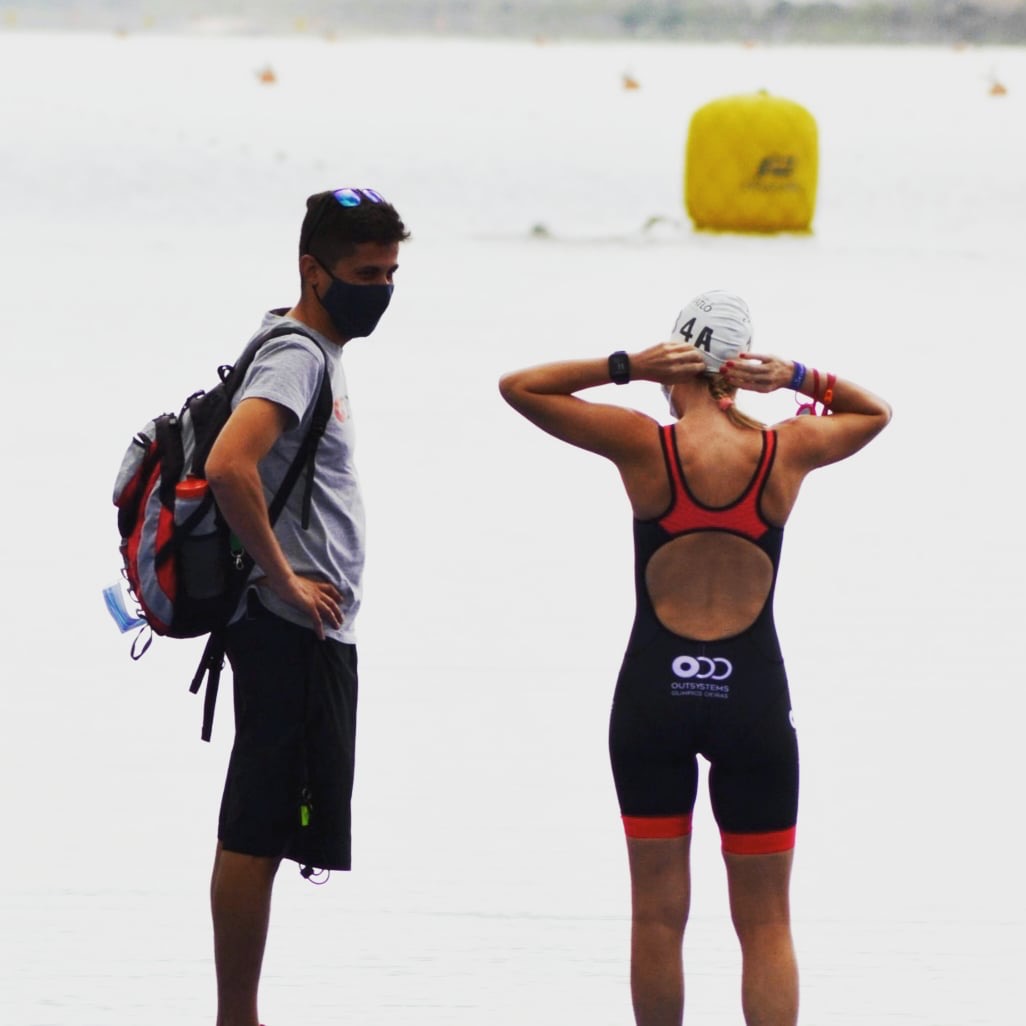Yes, there are thousands of free training plans for running, trail running, cycling and triathlon that you can download on the internet. And yes, hiring a coach may seem like a luxury at first glance. But there is a lot of value in working with a coach who can help you achieve your goals and avoid certain pitfalls and mistakes. This is especially true for those new to endurance sports. Most injuries happen when running due to the impacts and magnitude of the forces involved. The vast majority of these are caused by overload, that is, an imbalance between the load to which the athlete subjects their body – their joints, their tendons vs. the load that the athlete can effectively adapt to and repeat day after day. This way it is essential to work together with an experienced endurance coach who will help you structure your training, control and adjust your training load (duration and intensity) according to your sporting history and your physical and technical abilities.
1. It’s an investment in yourself
When you pay for a coach, you are more likely to be successful because you are actually investing in your own progress. It’s one thing to say you’re going to do something, and another to actually invest money in it to make a more serious commitment. When you follow a free plan online, you are much more likely to discard it and become discouraged at the slightest setback or difficulty. Cheaper or more expensive, it all depends on the importance you attribute to yourself, your personal well-being, your sporting goals and your health.
2. A coach holds you accountable
Let’s say you want to finish an Ironman Triathlon or run a marathon. Telling your goal to someone whose opinion you consider (like an experienced coach) will help you achieve it, found a 2019 study published in the Journal of Applied Psychology (see study). On the other hand, throughout the process athletes easily lose perspective and have to be reminded of the reasons why they subjected themselves to difficult training tasks. The coach holds the athlete accountable by reminding them of their goals and what needs to be done to achieve them. It’s much easier to give up when you don’t have someone to “account for” your training.

3. A coach helps you train smart and optimally
1 in 5 men/women ends up getting injured in sports that involve running (see study) Although online plans can provide a guidance for your training, a coach can prescribe exercises specifically adapted to your goals, your current physical condition, sporting background, motor coordination and technical ability and can change this prescription according to the speed at which you adapt to the training carried out.
When you follow a general, static plan, it’s easy to take it too seriously and become obsessed with completing each workout, each distance, each prescribed pace. This can lead to overtraining and/or injury. The coach will teach you how to listen to your body and make autonomous decisions that arise during training and that only you can make.
The coach will also help you find the right combination of duration, intensity, and recovery needed so that you can combine your personal, professional and family life with your sports practice.
On the other hand, when unforeseen events arise and change your routine, having a coach to convey this and help you adjust the plan accordingly guarantees that your time will be optimized. Most athletes have a limited amount of time to train, so an experienced coach will ensure that every session counts and that no time is wasted.
4. The coach assesses your strengths and weaknesses
The coach`s attentive and experienced eye combined with increasingly accessible technologies such as the definition of the metabolic profile, speed profile, power profile, intensity zones, and technical analysis using video help the coach in prescribing intensity but also in quantify and detecting imbalances before they become injuries or underperformance. From this analysis, the coach can better prescribe specific training for your modality, complementary strength and mobility training, and technical exercises that will help you correct your imbalances and/or enhance your strengths.
5. The coach helps you put things into perspective and connects you to your purpose
Sometimes training doesn’t go well, a competition doesn’t go as expected or results come unexpectedly and we don’t know how to deal with it! It’s part of the process and part of the coach’s job to prevent you from entering a negative spiral or thinking that succeeding is easy after all. When you start to question your practice, a coach can bring you back to where it all began, to your initial purpose. He knows your way of thinking, learning, your goals and even your dreams and can help you have a realistic perspective on them. Over time and as the relationship evolves, the coach will end up being a coach, a mentor, a close friend, almost a family member, because he is also trying to help you achieve a better version of yourself.
At TriEndure these are our principles. Schedule a meeting with us to find out about the different coaching framework options we have available.
Stronger Together,
Rodolfo Lourenço